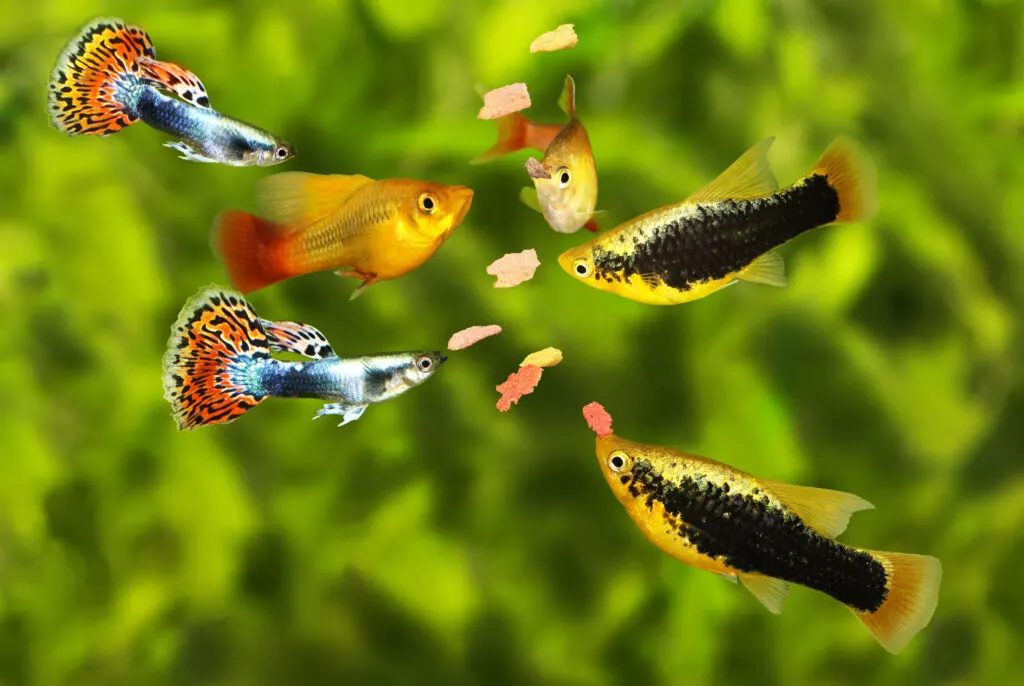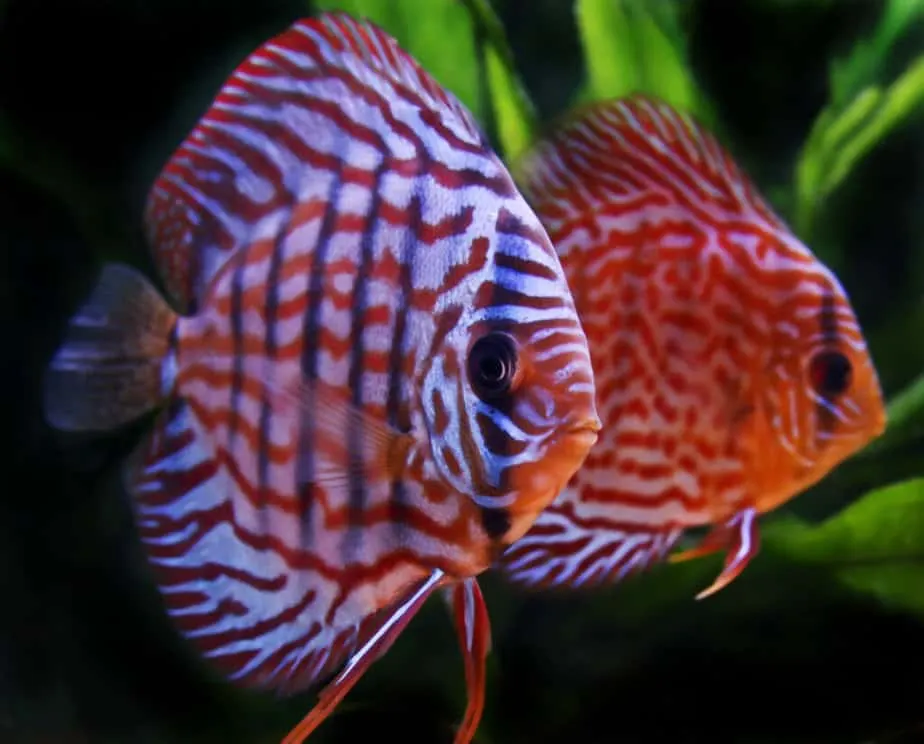Welcome to the page on fish for your aquarium. As you’ve probably noticed, there are endless options for us to choose from. I started with gorgeous small livebearers called Black Bar Endlers. On this page you’ll find everything fish related.

Our organized sections below will help you navigate the information easily. Are you curious about a particular fish species, feeding practices, or facing challenges with your aquarium fish? We’re here to provide helpful advice and information.

Freshwater aquarium fish are a crucial part of a vibrant underwater habitat. They not only add color and life to the aquarium, but also play key roles that maintain the overall health of the tank’s ecosystem.
Aquarium fish have similar needs to their wild counterparts. They require balanced nutrition, proper oxygen levels, and a well-regulated environment to thrive. They breathe in oxygen and release carbon dioxide, which then the plants utilize for photosynthesis. This natural process maintains the balance of gases in the tank, making it healthier for all inhabitants.
Additionally, fish contribute to nutrient cycling in the tank, consuming food and producing waste, which in turn provides necessary nutrients for plant life and helps in controlling harmful substances that could accumulate over time.